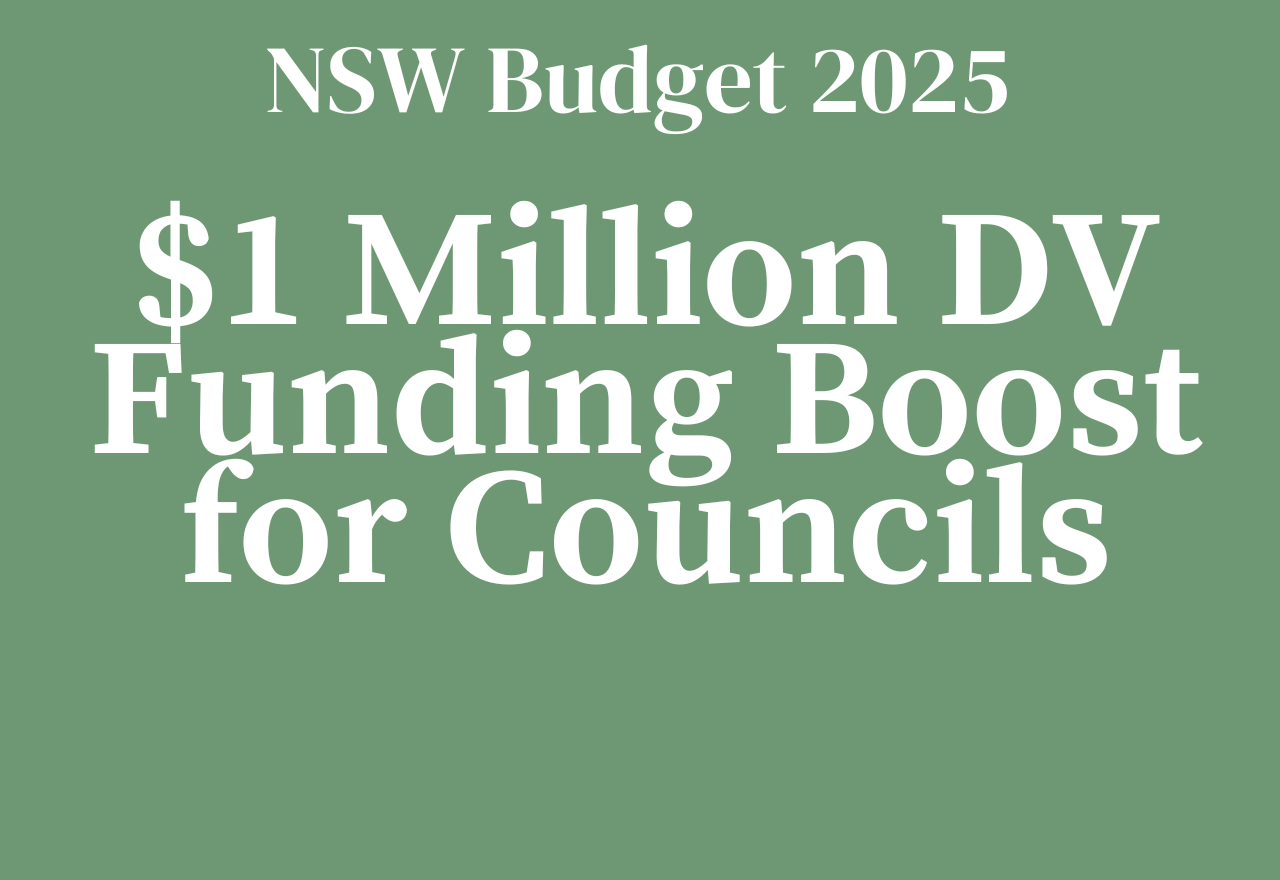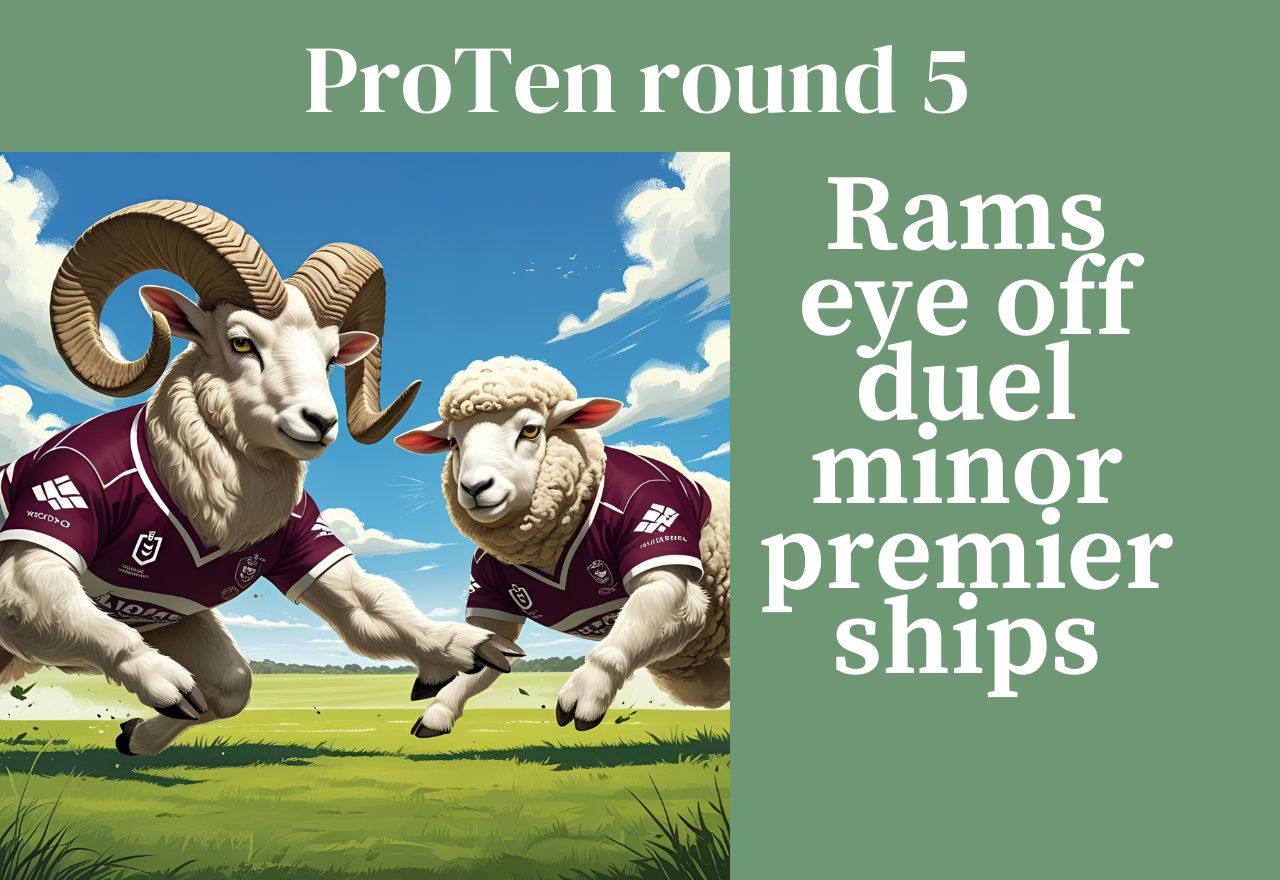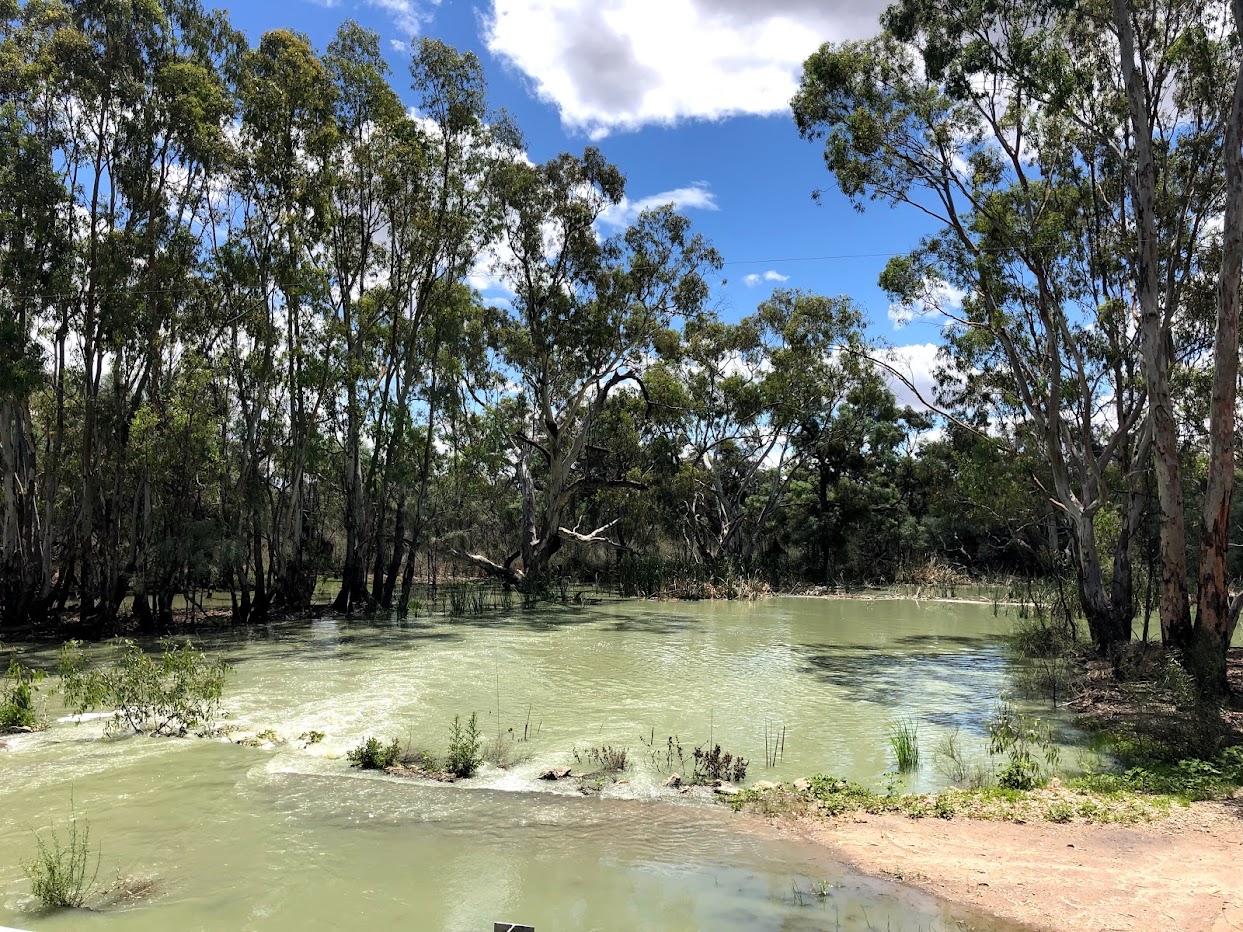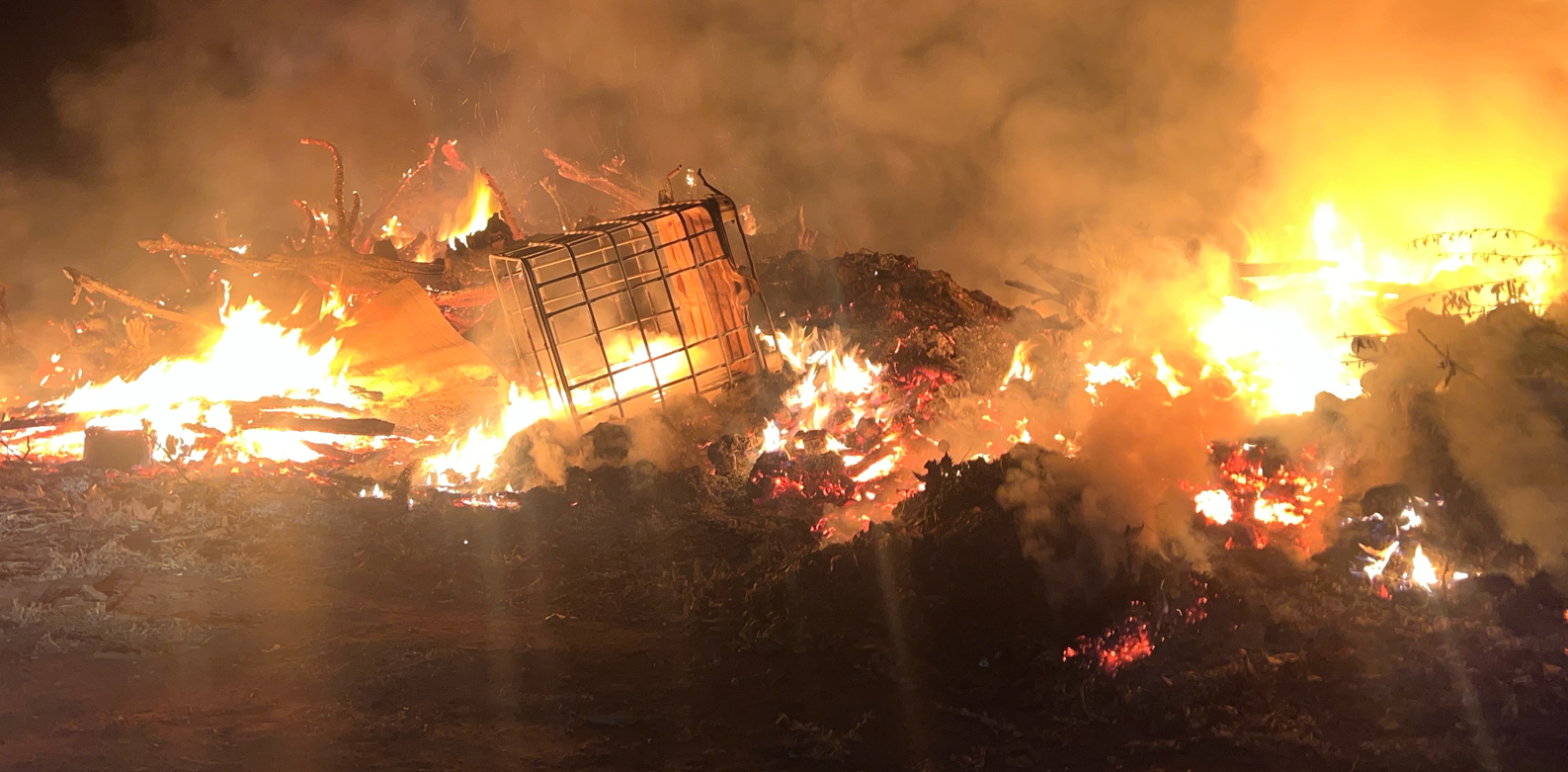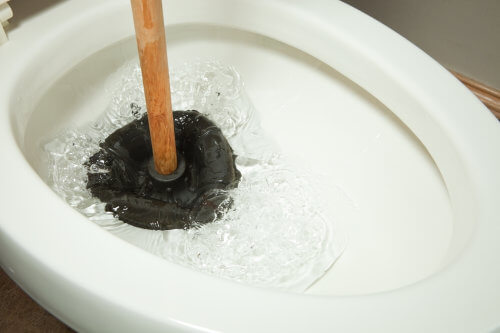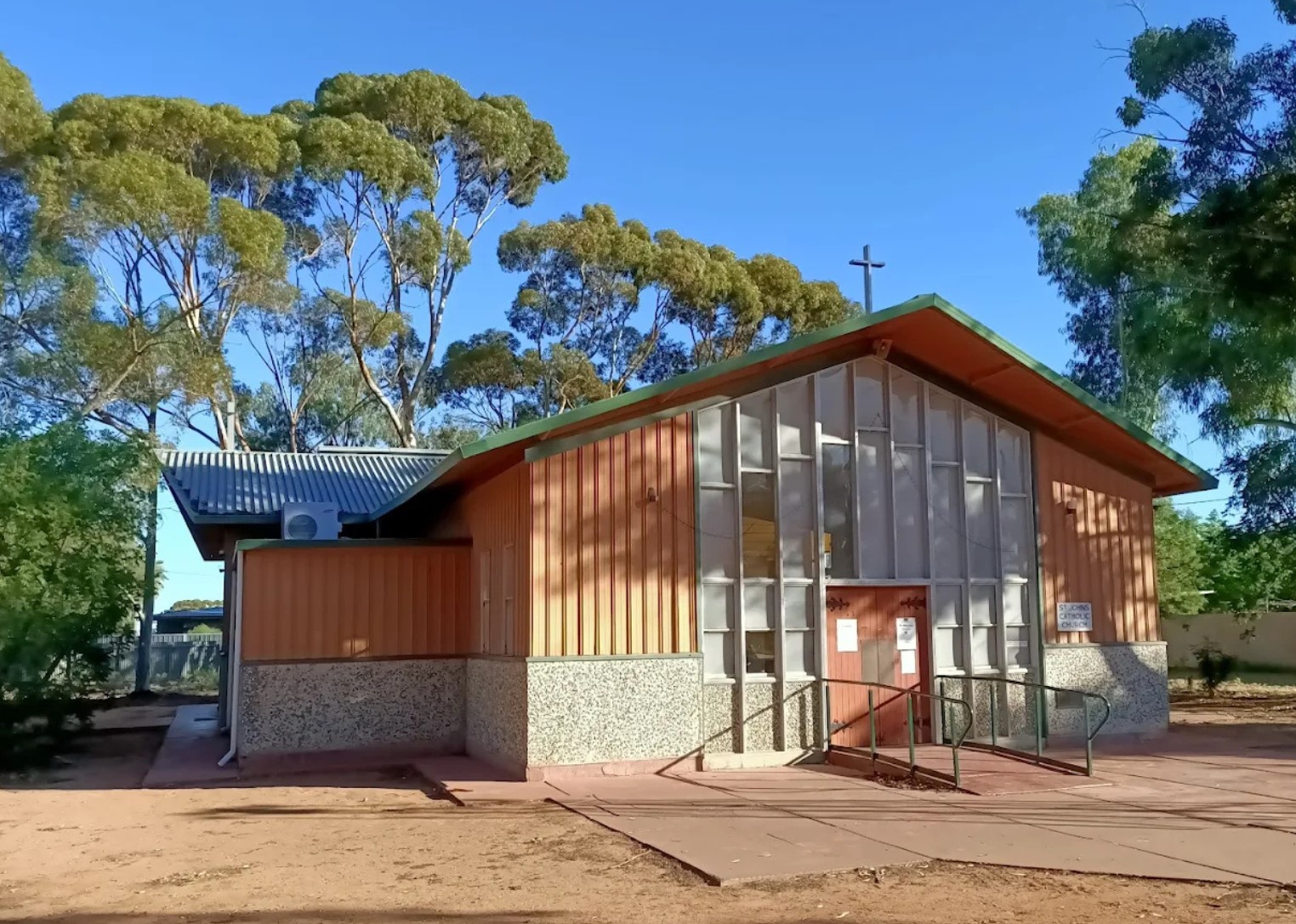The green bin revolution: From confusion to compost
Kimberly Grabham
05 July 2025, 5:00 AM
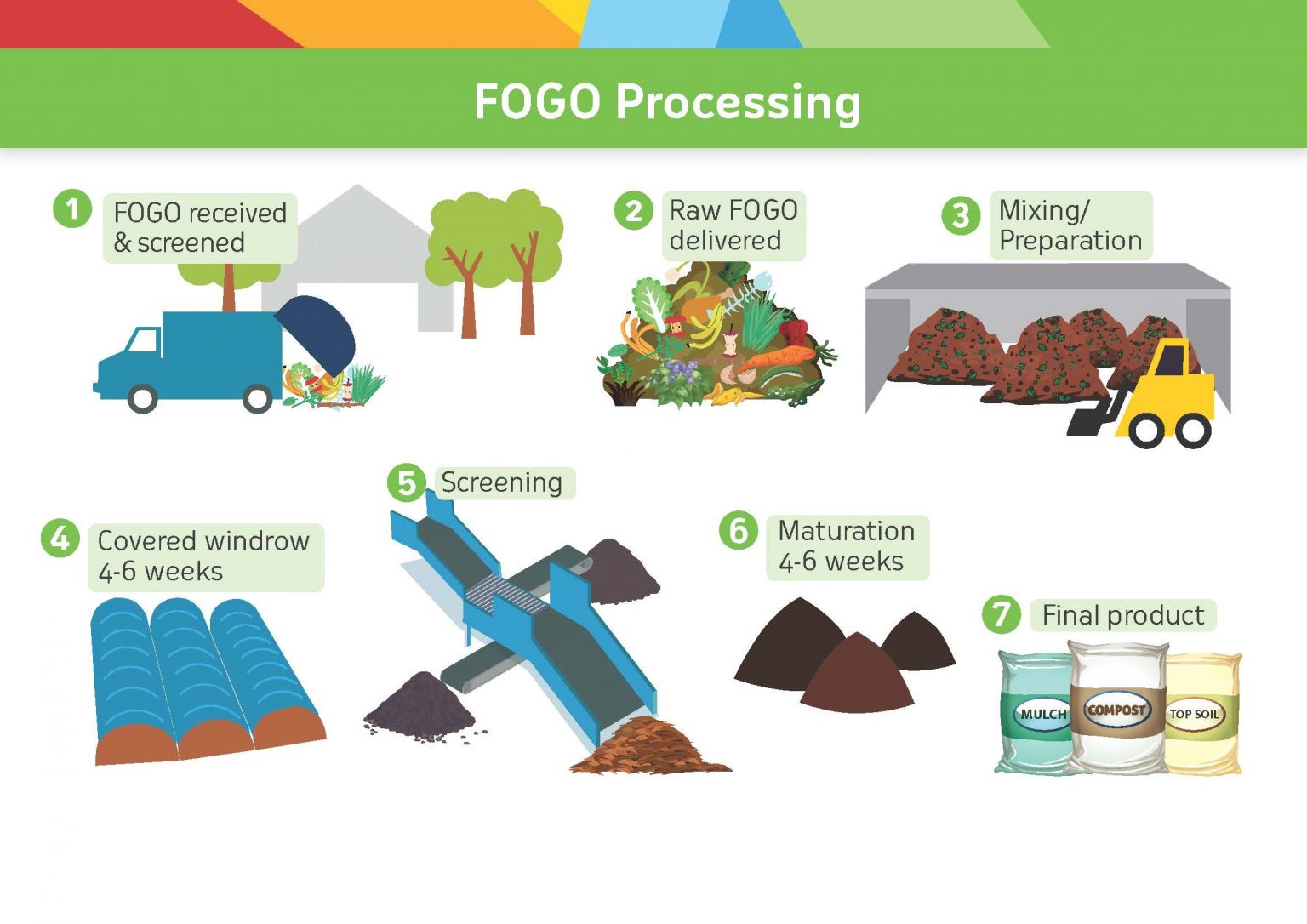
So you're standing in your kitchen, banana peel in one hand, takeaway container in the other, staring at three bins and wondering which one gets what. If you're like most people across NSW, you've probably had this moment more than once since the green bin arrived.
It's been a year since Hay council introduced the three-bin system, and while the idea is simple enough – food scraps and garden waste go in the green bin – the reality has proven a bit more complicated.
By July 2030, every home in New South Wales should have its own food organics and garden organics bin.
Many already do, but there's still widespread confusion about exactly what should go under that green lid.
The rules have shifted over time, which hasn't helped. Pizza boxes, tea bags, cardboard, timber and bamboo utensils were all welcome when FOGO started in 2013, but the Environment Protection Authority has since tightened things up.
Now it's food and garden waste only.
"We want to keep things out like plastics and anything that might allow for microplastics to break down into the FOGO," explains Alexandra Geddes from the EPA.
"Some of those containers that you might get from a takeaway shop that have plastic lining in them are billed as compostable when they're actually not."
The contamination problem is real. Those green "compostable" bags? They often aren't. Pet waste, paper towels, vacuum cleaner dust, lint from the dryer – none of these belong in the green bin, yet they keep turning up.
Across the state, the rollout varies dramatically.
Of NSW's 128 councils, 57 have introduced FOGO bins, another 13 have plans in place, 32 collect garden waste only, and 26 offer no organic collection at all.
Each council sets its own rules within EPA guidelines, which adds to the confusion.
The stakes are higher than just getting your bins right. The Australian Bureau of Statistics estimates 45 per cent of all organic waste still ends up in landfill – a massive waste of potential.
When the system works, it works beautifully. Councils collect the organic waste and send it to composting facilities, where it's turned into nutrient-rich compost that many then buy back for their own use or sell to farmers. It's a circular economy in action.
At composting facilities across the state, workers sort through truckloads of green bin contents, removing contamination by hand. What starts as household scraps eventually becomes the kind of organic fertiliser that can transform tired soil.
Farmers using FOGO-derived compost report dramatic improvements in soil health. Organic carbon levels that might have taken decades to build naturally can bounce back within months.
Better soil means better water retention, more nutrients, and more resilient farming systems.
The education challenge remains significant. People need to understand that their kitchen scraps aren't just waste – they're raw material for Australia's agricultural future.
Every apple core, coffee ground, and grass clipping has the potential to enrich soil somewhere down the line.
The golden rule is elegantly simple: if it grew or came from a living thing, it belongs in the FOGO bin. Your fruit and vegetable scraps, meat and bones, bread and pasta, coffee grounds and tea leaves, grass clippings and garden prunings – they're all destined for a second life.
What doesn't belong is equally straightforward: anything with plastic, including those misleadingly labeled "compostable" containers, plastic bags, fruit stickers, and anything that didn't grow or wasn't once alive.
The revolution is happening, one household at a time. It just needs all of us to get on board – and remember that sometimes the greenest choice isn't the bag marked "compostable," but the simple act of putting organic waste where it belongs.
NEWS
SPORT
RURAL
COMMUNITY
JOBS
